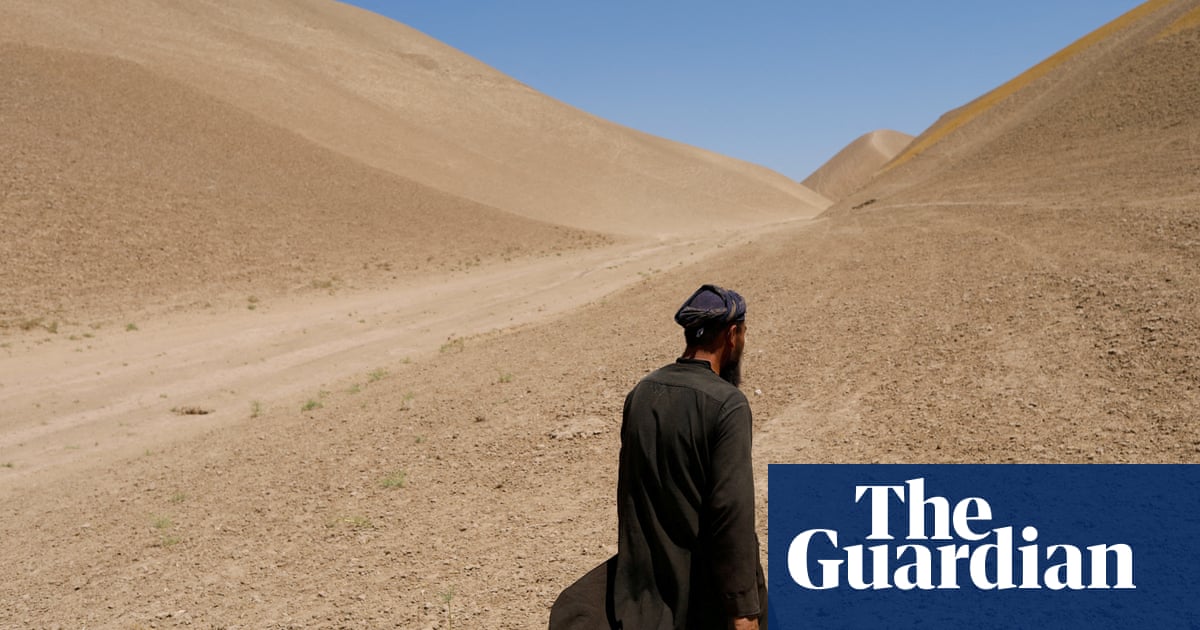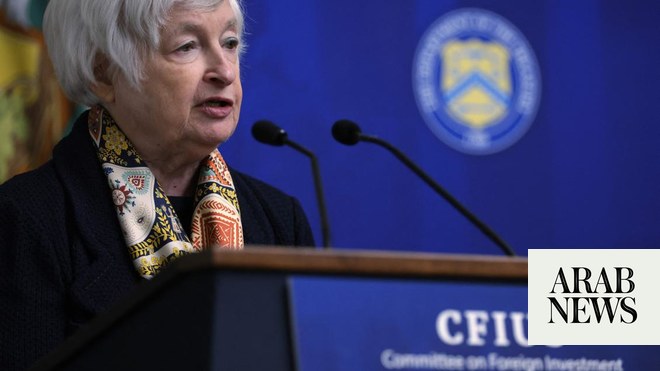
Washington and Pyongyang have been at loggerheads since the collapse of a summit between leaders from both countries
South Korean president Moon Jae-in has tried to salvage the diplomacy, but Pyongyang has remained largely unresponsive
SEOUL: South Korean foreign minister Kang Kyung-wha said Friday that Pyongyang needs to show “visible, concrete and substantial” denuclearization action if it wants sanctions relief, as the North’s deadlock with the United States continues.
Kang’s comments at a press conference come just days after a senior North Korean official warned Washington of an “unwanted outcome” if it didn’t adjust its stance on economic sanctions.
Washington and Pyongyang have been at loggerheads since the collapse of a summit between North Korean leader Kim Jong Un and US President Donald Trump in February.
The summit broke down after cash-strapped Pyongyang demanded immediate sanctions relief, but the two sides disagreed on what the North should give up in return.
South Korean president Moon Jae-in — who brokered the first meeting between the mercurial leaders — has tried to salvage the diplomacy, but Pyongyang has remained largely unresponsive.
Earlier this week, North Korean Vice Foreign Minister Choe Son Hui said Pyongyang’s denuclearization will “only be possible when the US revises and reshapes its current calculation.”
But Seoul’s Kang said sanctions relief requires action from Pyongyang that “assures us that they are well on their way to complete denuclearization,” stressing that existing sanctions have been imposed by the United Nations, not just Washington.
“Therefore there has to be some visible, concrete and substantial action on that track for the global community to do anything about the sanctions,” she said.
Separately, Kang told the press conference that Seoul was doing everything it could to secure the release of seven North Korean defectors currently held in China.
Rights groups, who in the past have accused South Korea of pursuing rapprochement with Pyongyang at the expense of human rights, say the seven face forcible repatriation, and protesters held a rally in front of China’s embassy in Seoul this week pressing Beijing not to send them back.
Kang said although human rights were “not a priority” at the moment, “the South Korean government has been participating in and supporting the international community’s efforts” on the issue.
“I think it’s not a priority for the government to bring this issue to the (negotiating) table of denuclearization and building of a peace regime with North Korea,” she said.












